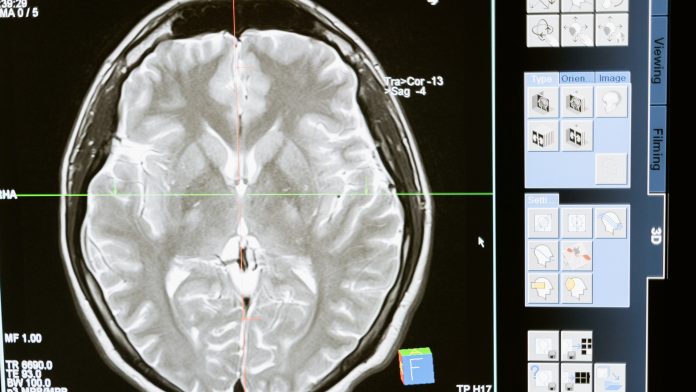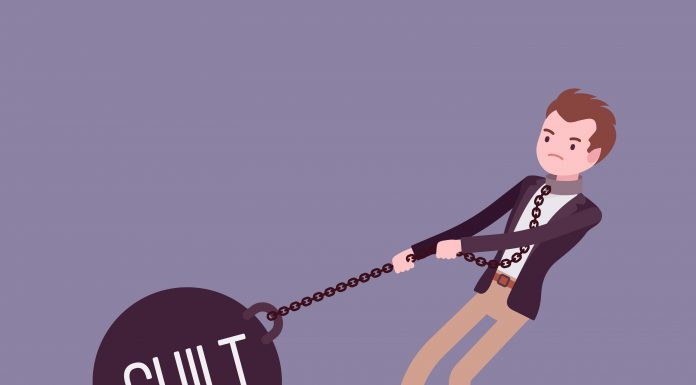Brain injuries are often very serious and can be life-altering – or even life-threatening. Suffering a head injury can be a medical emergency, so we have put together this guide to help you recognise the symptoms in someone and get them the help they need.
What are the different types of brain injuries?
Brain injuries can occur in different ways and have a variety of impacts on your life.
- Acquired brain injury (ABI): Any brain injury that occurs after birth is defined as an ABI – whether it is due to an impact trauma or an underlying condition.
- Traumatic brain injury (TBI): Caused by a sudden force hitting your head. These injuries are common in trips and falls, as well as road traffic accidents.
- Hypoxic brain injury: If your brain’s supply of oxygen is limited or cut off you may suffer thistype of injury. They very often cause irreversible damage.
- Mild brain injury: If a blow to the head results in a shallow wound or does not knock you unconscious, you may suffer a concussion – which can be recovered from.
How are brain injuries treated?
Milder brain injuries, such as concussion, can be recovered from with plenty of rest. If you do suffer concussion, it’s important to take as much time as possible to recover fully – don’t rush back to work or school until you feel completely normal again.
More serious injuries may require surgery or long-term medication to get on top of, while a life-changing brain injury may require full-time care and adaptations to be made to your home.
Brain injury claims may be able to help you get compensation to cover these costs if someone else was at fault.
What are the main causes of brain injuries?
- Road traffic accidents: The speed at which you are travelling when you are involved in a collision will play a large role in whether you suffer a mild or serious brain injury.
- Assaults: Police forces warn against the damage that a single punch could do to another person’s life. Sadly, violent crime can have long-term consequences for all involved.
- Slips, trips or falls: A sudden slip may prevent you from throwing out your arms to break your fall. If you land on your head and neck, it can cause immediate damage.
- Sports injuries: While sports are great for keeping fit, those played at high speed and with contact can cause damage, where care and good technique are not applied.
What are the main symptoms to help identify a brain injury?
- Being knocked unconscious
- Headaches that don’t go away with painkillers
- Black eyes forming after no contact to the area
- Memory issues and changes in behaviour
- Suffering fits and seizures
- Fluids or blood coming from ears or nose
If someone you are with suffers any of these symptoms, the best thing to do is to take them to A+E or call 911 in North Amercia or 999 in the UK – it may well save them.























